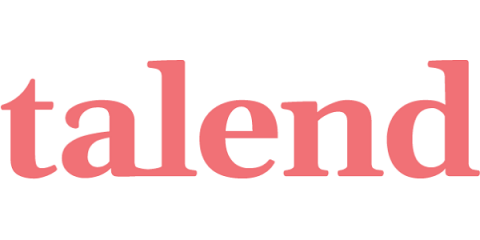Systems | Development | Analytics | API | Testing
March 2020
Introduction to Talend Data Inventory
Capturing data intelligence at first sight with Talend Data Inventory
Think about your experience when you book a hotel room, order a taxi, or purchase something online. You reach the best offer in a few clicks and you get additional guidance with ratings to so you can predict the quality of the goods or services you’re buying. It’s really helpful to have all that additional information. So why don’t we get a similar experience when consuming data?
How Data Is Transforming the Fight Against Pandemics
The more time I spend working with data, and watching how our customers work with data, the more convinced I am of two things: 1) the power to do extraordinary things is embedded within data and 2) all of us working or dealing with data have a role to play in using our knowhow and technology to apply data to benefit humanity and tackle some of the biggest challenges of our lifetime – the environment, equality, education, health and safety.
You can trust us: we are HIPAA compliant
Can you keep a secret? What will it take for me to trust you to keep and protect a secret that I share with you? If you are a friend or family member, I may not need more than you saying “Yes”, but if I don’t know you, I will likely want additional guarantees or proof that I can trust you. This is particularly true if you are an organization handling personal information about me.
Revealing the Intelligence in your Data with Talend Winter'20 (part 1)
One of my favorite Talend customer success stories is the International Consortium of Investigative Journalists (ICIJ). I love this story not only because they transformed investigation journalism with data, won the Pulitzer prize for the Panama papers, and helped the public to recover billions of dollars lost to illegal tax evasion.
Talend on Talend: How to use machine learning for your marketing database segmentation
In today’s business world, marketing segmentation is a must have for every organisation. It helps you process and aim different targets in a market into multiple customer or prospect segments to enhance your marketing actions. Through this discipline, you can hold a crucial competitive advantage over your competitors because you can adapt your offer and your communication according to the identified groups of personas you want to address.




